





Clinical Candidates
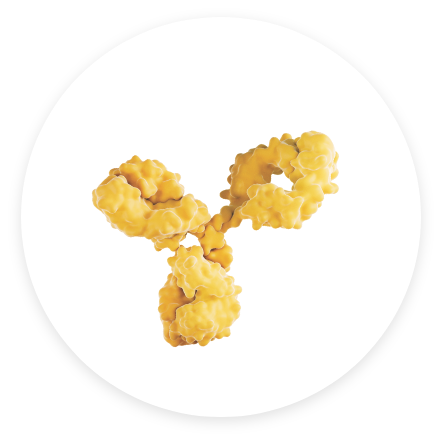
ANTI-TIGIT
Domvanalimab (dom) is an investigational Fc-silent monoclonal anti-TIGIT antibody. TIGIT acts as an inhibitory brake on immune cells by binding PVR. Domvanalimab is design to block TIGIT, which releases PVR to bind DNAM-1, accelerating the immune system to drive cancer cell death.
Domvanalimab is engineered to be Fc-silent to avoid peripheral Treg depletion that can lead to associated autoimmune toxicities and immune side effects.

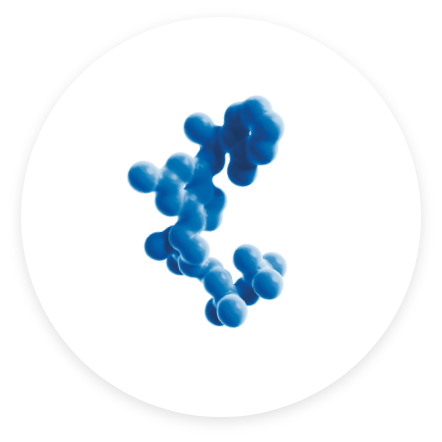
ADENOSINE AXIS
Etrumadenant – Small molecule A2a/A2b adenosine receptor antagonist
Etrumadenant (etruma) is an investigational small molecule that inhibits A2a and A2b receptors on immune cells that bind immunosuppressive adenosine. By blocking both A2a and A2b, etrumadenant may free immune cells from adenosine suppression to fight cancer.
Quemliclustat – CD73 inhibitor
Quemliclustat (quemli) is an investigational small molecule that inhibits CD73, a major enzymatic producer of immunosuppresive adenosine. By blocking CD73 production of adenosine, quemliclustat is designed to prevent adenosine suppression, which unleashes immune cells to trigger cancer cell death.
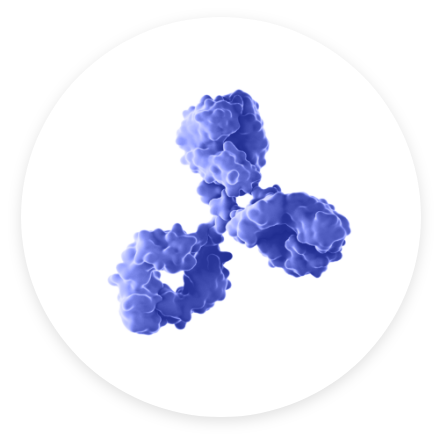
ANTI-PD-1
Zimberelimab (zim) is a monoclonal antibody that binds PD-1, a well-established checkpoint of anti-cancer immunity. Gloria Biosciences received approval for zimberelimab in China for classical Hodgkin lymphoma and recurrent/metastatic cervical cancer. Arcus is currently studying zimberelimab in combination with domvanalimab.

HIF-2⍺ INHIBITOR
Casdatifan (cas) is an investigational small molecule inhibitor of HIF-2⍺, a transcription factor that upregulates hundreds of oncogenic genes in a hypoxic environment. By selectively binding HIF-2⍺, casdatifan is designed to disable a wide array of tumor growth and survival pathways, leading to cancer cell death.
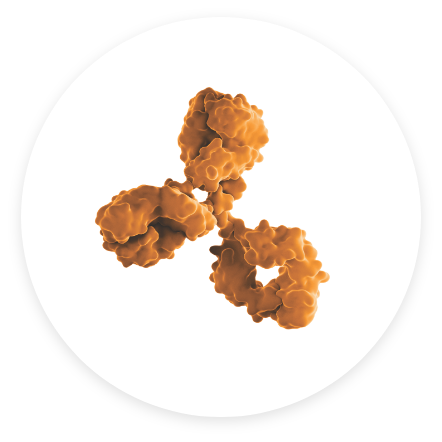
ANTI-CD39
AB598 is an investigational antibody that blocks CD39, an enzyme that degrades ATP, an important immunostimulatory signal. By blocking CD39, AB598 is designed to preserve ATP in the tumor microenvironment, which may unleash immune cells to target cancer cells.
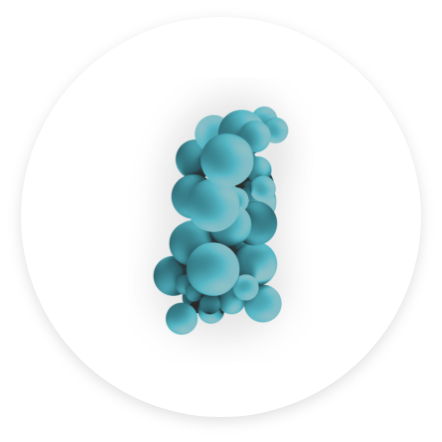
AXL INHIBITOR
AB801 is an investigational AXL inhibitor. AXL signaling is a driver of resistance to standard-of-care therapies in several tumor types, including NSCLC. By inhibiting AXL, AB801 is designed to make AXL-expressing tumors more sensitive to standard-of-care treatments.
